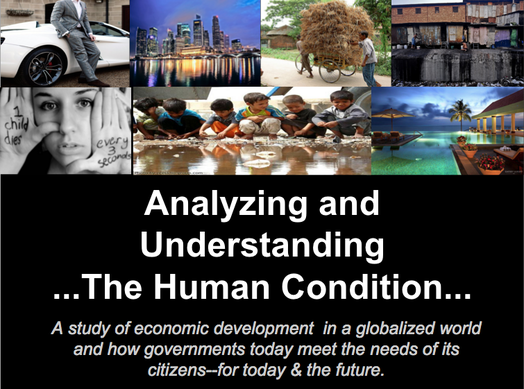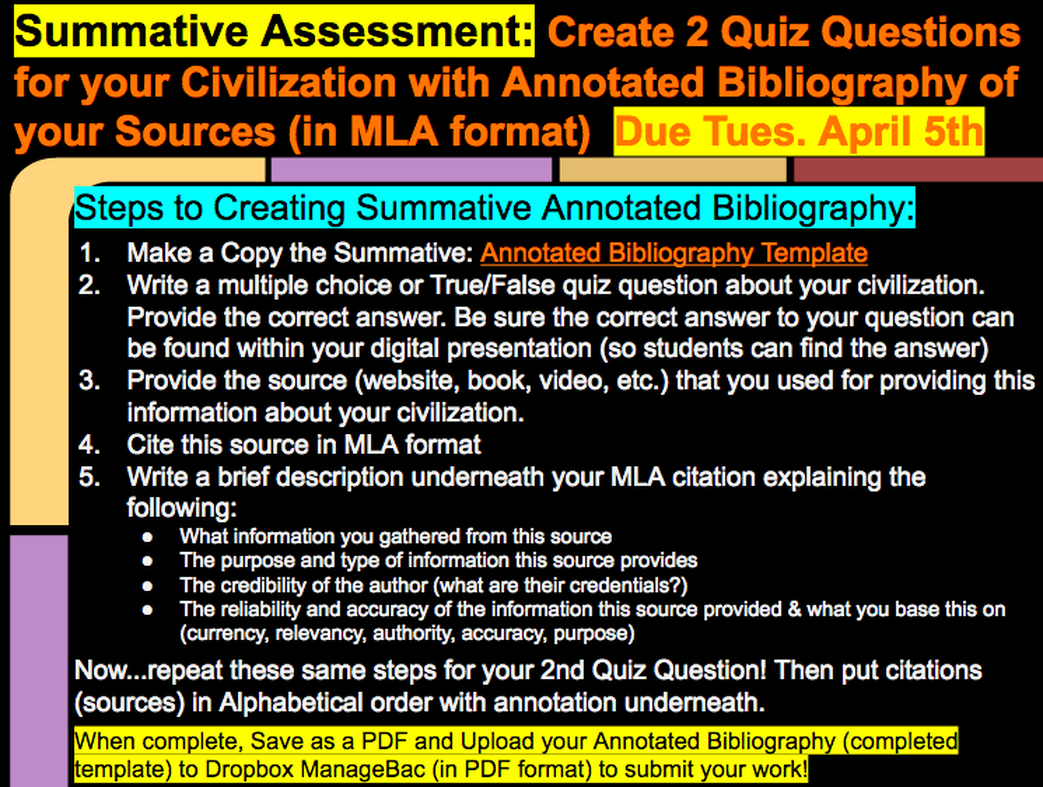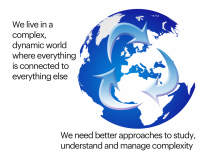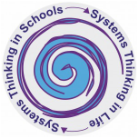|
This week, we will begin looking at levels of development around the world and comparing different communities and countries by looking at quantitative and qualitative data that helps inform us about their level of development, their standard of living and their quality of life.
On Tuesday (April 19) we will participate in a Gallery Walk looking at various families around the world and look at how they live, what they eat and what their homes are like to understand what these pictures can tell us about their lives. We will begin looking at data and comparing data between countries to determine level of development. We will also discuss "quality of life" and why this is different than "standard of living". On Thursday (April 21) we will focus more on economic disparity and start comparing levels of development. You will participate in a simulation to help you understand this better. You will also take a formative vocabulary quiz. On Friday (April 22), we will read more about economic disparity and poverty. Helpful links for this weeks classes:
Additional Resources (may be helpful for homework and investigation research:
0 Comments
In today's class we will be looking at how the world's population grew so fast. We will look at why this happened, when it really began to grow (exponentially) and how this relates to many global issues and the human conditions where we see high population growth rates. We will look at the correlation (connection) between population growth and economic development. Resources we will use in today's class:
During today's class, you will complete the summative annotated bibliography assignment. Please look at the feedback received for your formative annotated bibliography tasks. Also, you may use any source (and quiz question(s) used during the formative tasks for your summative annotated bibliography today.
When finished, you will upload (in PDF format) your summative annotated bibliography document to submit your summative work. This must be submitted by the end of class today. Helpful links for today's class:
|
|




 RSS Feed
RSS Feed